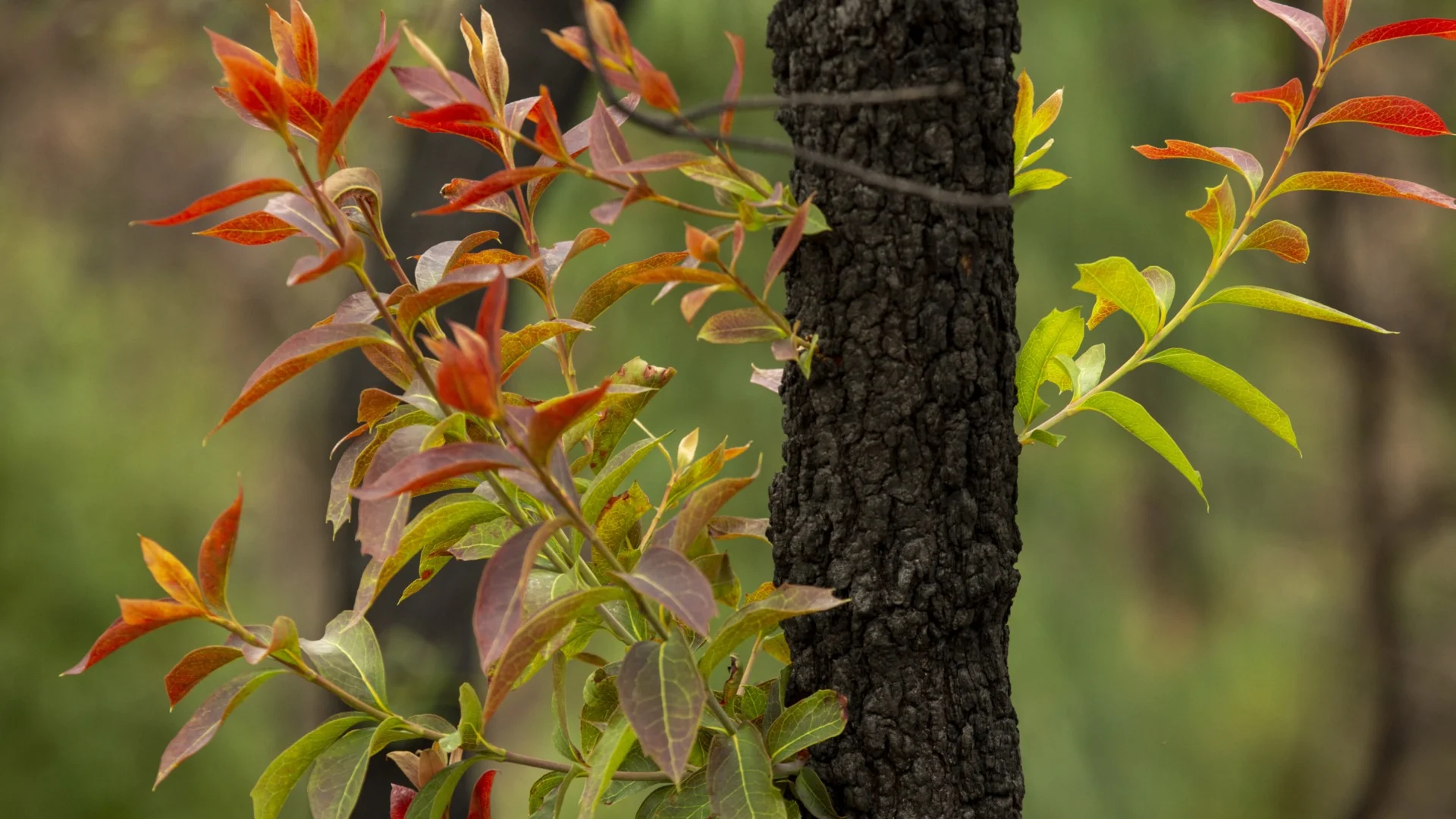This project is supported by the Australian subsidiary of L'OCCITANE en Provence.
Context
Australia is ranked 7th in the world for plant biodiversity and with 85% of Australia’s plant species being endemic and found nowhere else in the world the preservation of Australia's native vegetation is of overall importance.
The 2019-20 bushfires and subsequent floods have had a significant impact on billions of plants and animals, with significant effects on native biodiversity and ecosystems.
Kangaroo Island is a biodiversity hotspot in South Australia, home to 45 endemic species and 18 threatened plant species. The island is a haven for species as has been isolated from many of the invasive species that affect mainland Australia.
The preservation of biodiversity in the region is of benefit to the wider population as tourism and predominately ecotourism accounts for 90% of the island’s GDP. Of the 205,000+ people visited Kangaroo Island each year, 51% visit national parks and 42% complete bushwalks.
Supported Project
In 2023-2024, the Australian subsidiary of L'OCCITANE en Provence supports the Foundation for National Parks and Wildlife (FNPW) and its porject which aims to increase the production and availability of locally sourced plants to strengthen environmental resilience, support biodiversity of threatened and native species and restore ecological communities within the regions most affected by the 2019-2020 bushfires and subsequent floods.
This project geographically expands the area of action of FNPW to restore biodiversity in South Australia's most diverse hotspot for flora and fungi, Kangaroo Island, which was severely affected by bushfires with over 220,000 hectares (50% of the native vegetation) burnt.
Kangaroo Island is a site of high biodiversity value, home to over 906 plant species, 45 of which are endemic to the island and 18 of which are nationally listed alongside 2 threatened ecological communities.
Some Figures
Budget 32,000 euros
Goal 15 hectares regenerated
Goal 5,000 planted trees
